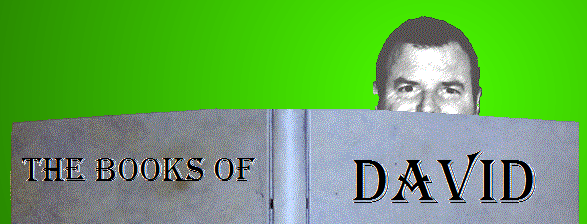
Interest in F# has risen dramatically with the release of Visual Studio 2010 and Microsoft's decision to include this language with this product. Many of us are scrambling to understand this new language and how it relates to our software projects.
F# is a functional language, which means that it focuses on giving developers the ability to create functions that consistently return the same value, given the same inputs. It does so by discouraging mutability in its language constructs, thus minimizing side effects that can alter state from one call to the next.
Chris Smith's book Programming F# provides an introduction to and an overview of this language. Because so many of the constructs are foreign, this book can be a bit overwhelming - particularly Chapter 2, which quickly introduces many of the language constructs of F#.
But Smith brings it together after pushing through the language details. He goes through the basics of functional programming; then compares it to imperative programming, showing how you can implement either style using F#. He follows with a discussion of object-oriented programming and its relevance to F# (it is a key to allowing F# programs to interact with programs written in other .Net languages).
The book is filled with examples to illustrate the points made. If you are new to F#, Programming F# is a good book to get you started with the language.
